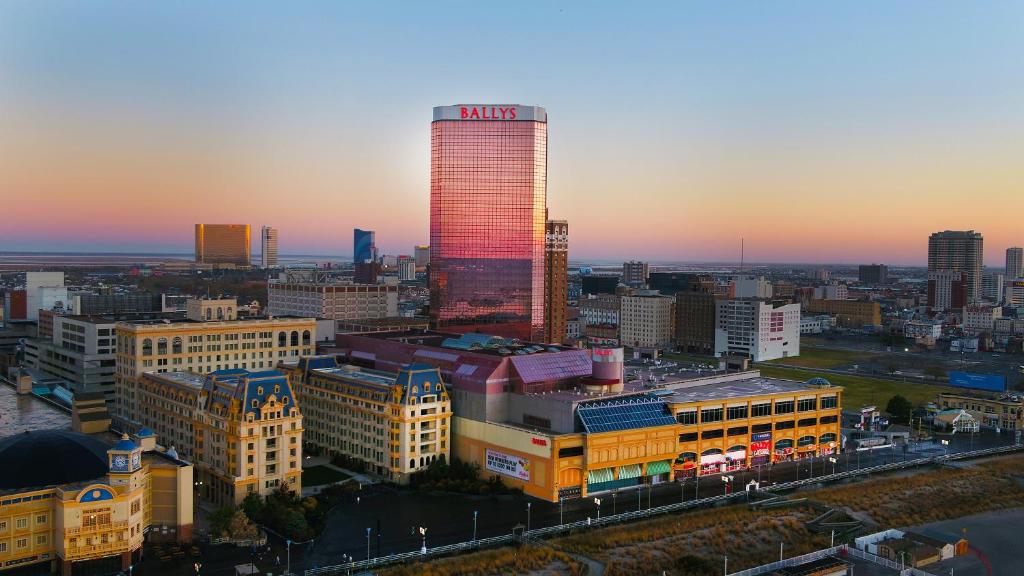Atlantic City Rolls the Dice: The Rise and Fall and Rise of Gambling in a Seaside Resort

Long before Las Vegas lit up the Nevada desert, Atlantic City flourished as America’s original gambling destination. The New Jersey city’s embrace of casinos as economic salvation has led to cycles of boom and bust over the decades. Yet gaming continues to define this famed seaside resort.
Atlantic City’s rise traces back to the 19th century as a burgeoning beach escape for the East Coast elite. America’s first boardwalk opened there in 1870, ramping up tourism. Prohibition gave an extra boost as thirsty New Yorkers and Philadelphians flocked to Atlantic City speakeasies. But the city truly came into its own in 1976 when New Jersey voters legalized casino gambling to revitalize fading fortunes.
On May 26, 1978, Resorts International Casino opened as Atlantic City’s first legal gambling hall in decades. Visitors lined up to play slots, poker, blackjack, craps, and roulette. Competing casinos proliferated rapidly with gleaming beachside complexes. Business boomed through the 1980s, overtaking Las Vegas as America’s top gambling destination. Sin City moguls like Steve Wynn expanded eastward to get in on the action.
For several decades, Atlantic City casinos pumped new energy and tourists into the area. Glamorous shopping and entertainment drew high rollers. Job opportunities arose for local residents. Atlantic City housed the Democrat National Convention in 1964 and the Miss America Pageant from 1921 to 2005. With gambling revenues filling city and state tax coffers, optimism reigned.
However, the glitzy façade eventually lost its luster. Competition emerged in neighboring states loosening gaming laws to fund their own budgets. The 2008 recession hit Atlantic City hard as disposable incomes shrank. Older casinos grew dated without reinvestment. Convention business dwindled in the larger context of crumbling infrastructure and urban decline. Atlantic City fell to half its peak casino revenues, and three large properties went bankrupt in 2014 alone.
With the city hemorrhaging jobs and tax income, something clearly needed to change. New initiatives have tried to turn the tide, including boosting convention facilities and marketing, transitioning to family entertainment, and investing in new attractions near casinos. Jersey Shore tourism remains vitally important.
Yet gaming still drives Atlantic City’s economy. In 2018, two long-shuttered casinos reopened under new ownership – Hard Rock and Ocean. Mega-events like boxing and UFC matches at casinos continue attracting visitors. And crucially, online sports betting and casino games were legalized in New Jersey in 2018, opening new digital revenue.
Progress is slow but noticeable. Tax revenues are rebounding as properties modernize and diversify attractions. New luxury apartments bring life to downtrodden sections of the city near casinos. With air routes expanding and hotel occupancy rising, Atlantic City seems to be making cautious progress on the road to revival.
The history of Atlantic City is a gamble itself – relying on gaming to avoid irrelevance. That bet has helped the city soar and crash over the decades. But the story is far from over. For the shore town that started it all, the potential still exists for future jackpots if the right bets are placed. Atlantic City’s identity will likely always be tied up with gaming fortunes. But with the right mix of tourism, business investment, and civic improvements, the city’s winning hand may still lie ahead.